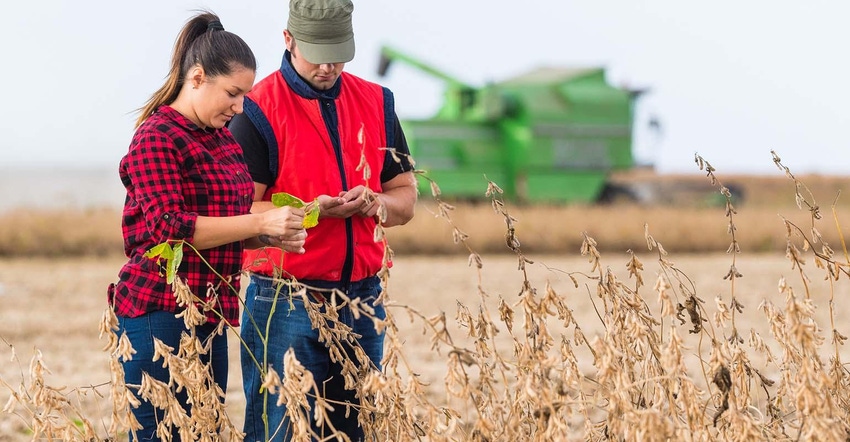
On a cold, sunny winter day in a small Midwestern town, Dr. Ron Hanson, Professor Emeritus at the University of Nebraska, and I were engaging with an attentive audience of over 150 people. The participants represented all shapes and sizes of agricultural businesses and demographics.
In a question-and-answer dialogue, we were asked, “What advice would you give to young farmers and ranchers? Wow! The two of us could write a book on the subject to address many points. The COVID-19 black swan event will accelerate agricultural business transition, giving the younger generation golden opportunities to make their mark.
We have both observed that over the years some young people start college or technical school thinking that they know all the subject matter. Yes, some courses can be less challenging; however, school has many benefits, one of which is networking and engaging with others who are not like you. Our advice was that this experience will often challenge your thought processes. When challenged, some young people throw up a defense mechanism or are intimidated. This is going to happen in life and the ability to critically think about perspectives, concepts, and factors that are outside the box can be a valuable experience.
Make sure you do not wait too long to give younger family members some management responsibility. Dr. Hanson discussed a situation with a 93-year-old matriarch still calling the shots in the business with a 68-year-old son, a 40-year-old grandson, and a 20-year-old great grandson. As people live longer, transition of management responsibilities is going to become a bigger challenge and issue in family businesses.
The senior generation may have an ego and feel that because they own the farm and have the equity that they are going to call the shots. Often lenders, lawyers, accountants, and Uncle Sam reap the benefits of this situation when an ego has gone bad, particularly with the senior generation. While the senior generation’s perspectives are valid, it often takes a blended approach in the transition.
The younger generation needs to be careful of returning to a situation that is not profitable but has enough equity to allow the farm business to continue. A transparent, forensic assessment of the financials with all partners included is an early and high priority before the younger generation starts in the business. Be careful of using a Schedule F tax form, because often the objective is to enumerate financial losses to reduce income taxes. In some cases, an outside facilitator will conduct the assessment and analysis of profits to ascertain the true level of net income for all generations.
In the next column, we will continue the saga of advice to young people when entering into an agricultural business.
About the Author(s)
You May Also Like






